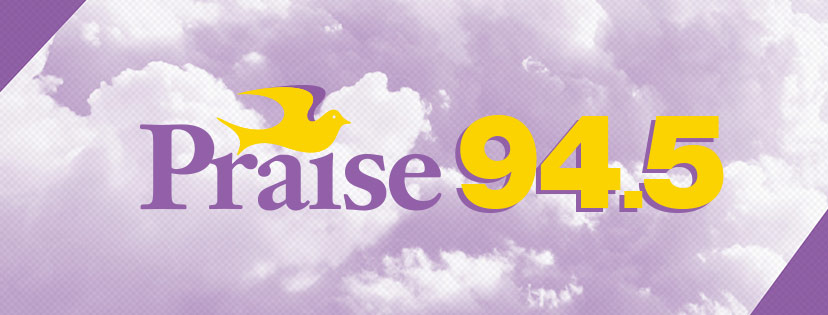It’s just not fair: Fat got a bad rap decades ago because scientists assumed, based on the misinterpretation of a couple of large studies, that eating foods containing fat would lead directly to obesity and heart disease. Fatty foods were made out to be our sole dietary vice, responsible for raising our cholesterol levels, clogging our arteries and causing us to get, well, fat.
And that made a kind of intuitive sense — why wouldn’t the fat you consume wind up as the fat you see on your butt and thighs? But “the low-fat diet backfired,” says Frank Hu, M.D., professor of nutrition and epidemiology at the Harvard School of Public Health. “America’s obesity epidemic skyrocketed even while our fat intake went down.” So experts are getting off the “fat is evil” bandwagon these days — and we should, too.
More from Health.com:
Trans Fat Alert! 22 Foods to Watch
High Cholesterol? Know The Good and Bad Fats
The Upside Of Eating Fat
Like carbohydrates and protein, fat is an essential nutrient. This means that your body requires it for key functions, such as absorbing the fat-soluble vitamins A, D, E and K. “Fat is also an important energy source and is vital for keeping your skin and hair healthy and smooth,” says Bonnie Taub-Dix, R.D., author of “Read It Before You Eat It”.
Even more surprising: Research is revealing that eating the right fats can actually lower your risk of diabetes, heart disease and obesity, and improve your cholesterol levels. That’s because all fats are not created equal, Dr. Hu points out. It’s not the total amount of fat in your diet that affects how much you weigh or whether you’re at risk for heart disease, according to rigorous studies from the past decade. What matters is the type of fats you choose (and, when it comes to dropping pounds, the total number of calories you eat). Here’s a breakdown.
CLICK HERE to read story
article courtesy of TheHuffingtonPost.com















